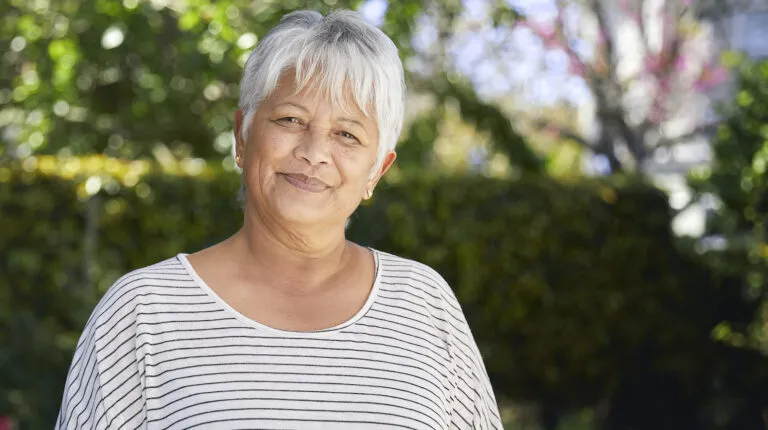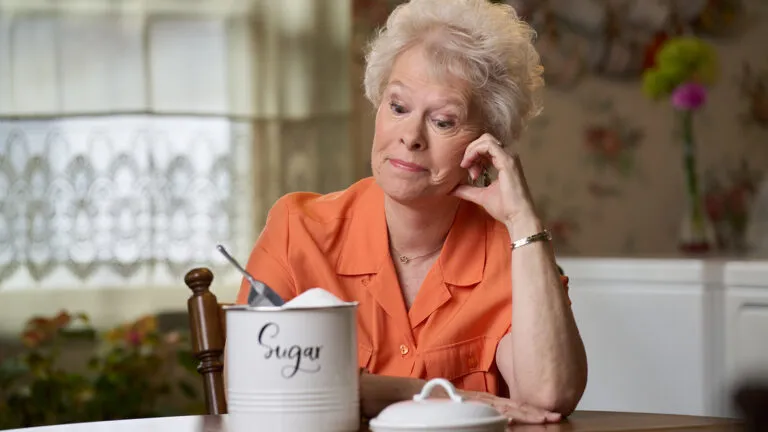Perhaps you’ve experienced the healing power of music, as Dennis McNicholas has. But did you know there’s a health care field that uses music to address people’s emotional, physical, social, cognitive and spiritual needs? We found out more from Megan Godfrey, a board-certified music therapist at Good Samaritan Society, in Stillwater, Minnesota:
What is music therapy? “It’s the use of music in a therapeutic medium to accomplish a goal that is nonmusical,” Godfrey says. “I focus on sensory stimulation with those who have lower cognitive function. For higher-functioning folks, I lead a tone chime choir, which promotes social interaction and community. I work one-on-one with people who have anxiety or depression or are in hospice.”
What might a session involve? Music therapy can be active—you and the therapist might sing, play instruments, write a song. Or it can be receptive—you listen, meditate or pray while the therapist makes music.
What are some health benefits? Music therapy can reduce stress and anxiety, relieve pain, lower blood pressure and relax muscle tension. “Research shows that for older adults, music therapy eases depression, enhances language and memory recall, and reduces dementia-related agitation,” Godfrey says.
Do I need musical ability to benefit? “Absolutely not,” Godfrey says. “Anyone can benefit from music therapy, from children to seniors. This includes people with disabilities, brain injuries, depression, Alzheimer’s, addiction, chronic pain or anxiety.” She has patients use a Reverie harp, which is designed to play only whole notes. “No matter what you strum, it sounds soothing.”
Are certain styles of music especially effective? “It’s best to use music the patient prefers,” Godfrey says. Research has shown that people are most responsive to what they listened to in their teens and twenties. “I don’t play Green Day with seniors,” Godfrey says. “I’ll use polkas, waltzes, hymns, songs from the 1930s, ’40s and ’50s.”
How can I use music therapy techniques at home? Godfrey suggests putting together a mood-boosting playlist or CD, “starting with music you listen to when you’re anxious or angry, then adding happier songs in a major key.”
How can I find a music therapist? Search the American Music Therapy Association online directory at musictherapy.org, or e-mail findMT@musictherapy.org.
For more about living life to its fullest, visit good-sam.com/guideposts.
For more inspiring stories, subscribe to Guideposts magazine.





